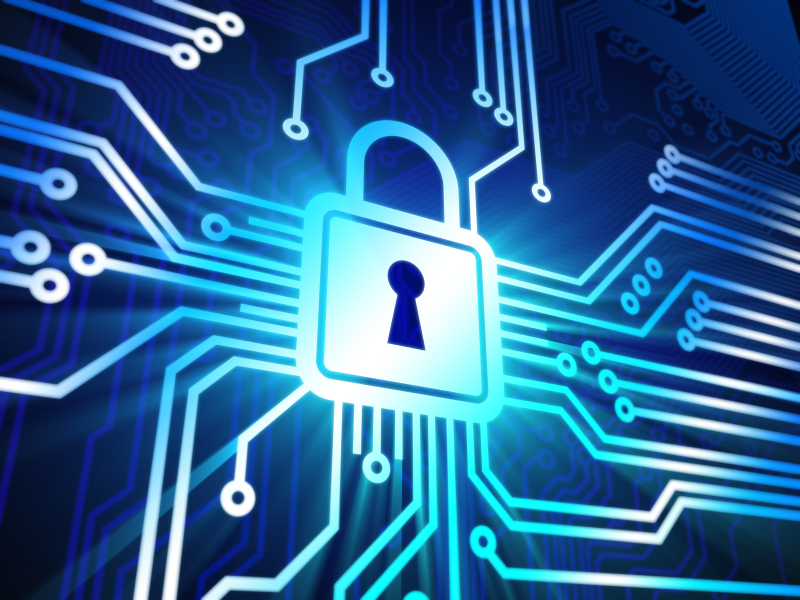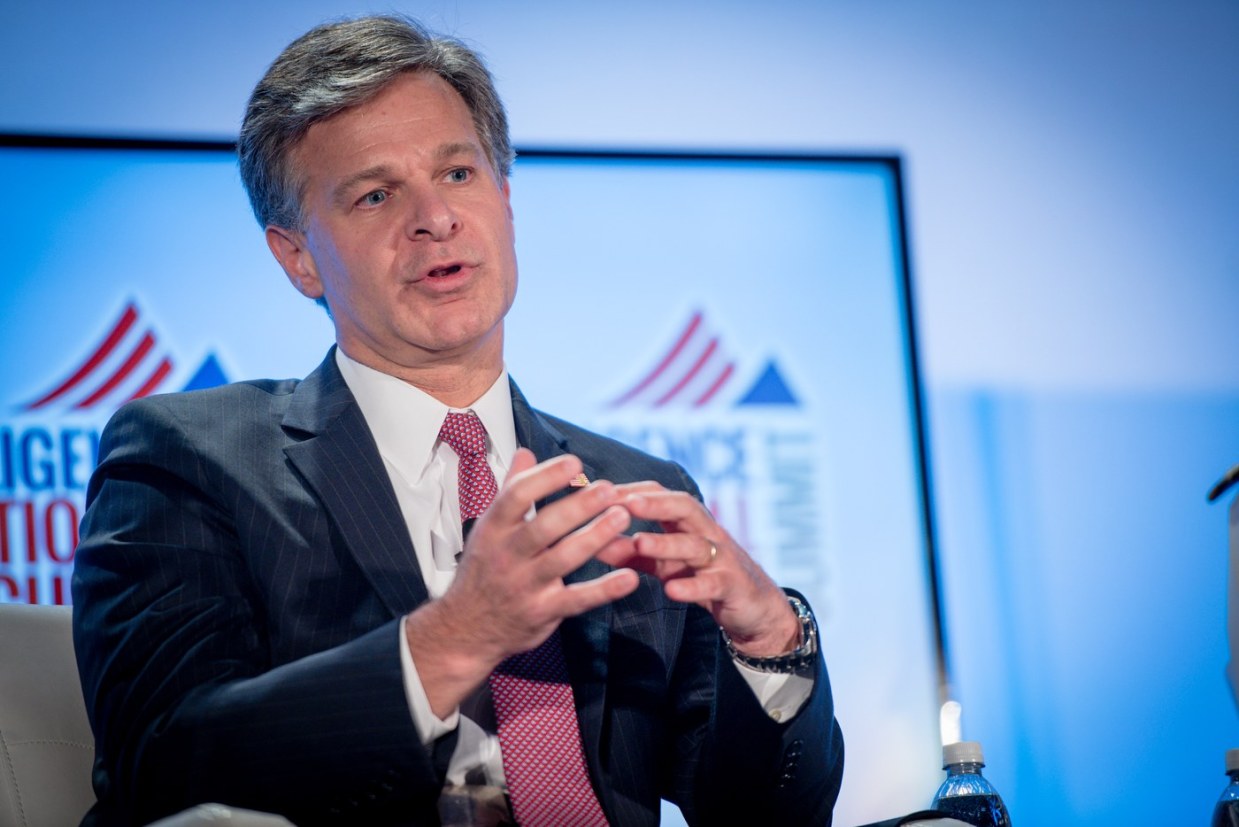Central banks will begin using digital currencies soon and it won’t matter whether people are ready for it
01/18/2023 / By JD Heyes

A report published this week says that whether or not countries are ready for digital currencies or even understand the concept behind them, central banks are going to begin using them soon either way, and there isn’t much that can be done about it.
The Wall Street Journal‘s report touched on the issue of complexity, noting that digital currency is a “game-changing development [that] could have a profound impact on the banking system” despite the fact that “few people still understand it.”
The outlet noted:
“Central-bank digital currency” doesn’t exactly roll off the tongue. But you might want to get used to saying it. These so-called CBDCs, or digital versions of dollars, yuan, euros, yen or any other currency, are coming, say those who study them. And depending on how they are designed and rolled out, their impact on the banking system could be profound.
“One hundred and fourteen countries are exploring digital currencies, and their collective economies represent more than 95% of the world’s GDP, according to the Atlantic Council’s Central Bank Digital Currency tracker,” the WSJ reported. “Some countries, including China, India, Nigeria and the Bahamas, have already rolled out digital currencies. Others, like Sweden and Japan, are preparing for possible rollouts. The U.S. is studying the issue and has run trials of various technologies to enable a digital currency, although Fed chair Jerome Powell has indicated the U.S. central bank has no plans to create one, and won’t do so without direction from Congress.”
But obviously, the U.S. could be the outlier; the only advantage for us, perhaps, is the fact that, for now, the real dollar (not a digital buck) is the world’s reserve currency. But this isn’t likely to last.
The WSJ noted the fact that countries are sort of winging it at the time, developing digital currencies on their own without really coordinating the effort, making the situation even more dicey and confusing. “Generally, however, CBDCs can be roughly divided into two types: those designed for use by financial institutions and those designed for use by the general public,” the report said.
The first type will be used for transfers between central and commercial banks, so that should be fairly easy to perform and to understand. After all, Americans have been ‘digitally paid’ — that is, pay electronically transferred from a company to an employee’s bank, without cutting a paper check or handing the worker actual money, for decades now.
However, “the second type of CBDC is a digital version of fiat money made available to the general public through accounts held by a central bank or a commercial bank,” the report continued. “From the perspective of a regular person or business, this kind of CBDC isn’t any different from the electronic money in their bank accounts today—it’s just a digital dollar.
“What makes these kinds of CBDCs special is that they are created, and held, in accounts that a central bank has direct access to. If another pandemic happened, for example, the Fed could just deposit stimulus ‘checks’ into every U.S. citizen’s digital-currency account,” the report said.
But here’s where it gets tricky. In a constitutional republic, where the individual, then the state, then the federal government share power (in that order), the federal government is the only entity with a central bank; states don’t have them. And of course, the U.S. government is in charge of printing the money, as well as regulating it. So in a completely digital world where there is no hard currency (physical money, gold, silver, platinum, etc.), the central government literally controls all of the money at all times, and that is a scary proposition, given how tyrannically the Biden regime has behaved in regards to a former president, Donald Trump, and his supporters.
What happens if there is a pro-MAGA demonstration in the future that the Dem-run deep state doesn’t like? In an all-digital-currency world, the government could literally confiscate (or wipe out) their digital holdings.
It’s never a good idea to give the government complete control over anything – especially all of our money.
Sources include:
Submit a correction >>
Tagged Under:
big government, Bubble, central banks, central government, commercial bank, confiscation, control, crypto cult, currency reset, digital currency, digital dollar, digital pay, dollar demise, federal government, freedom, money supply, privacy watch, risk, Tyranny, U.S. dollar
This article may contain statements that reflect the opinion of the author
RECENT NEWS & ARTICLES
COPYRIGHT © 2017 INSANITY NEWS





















